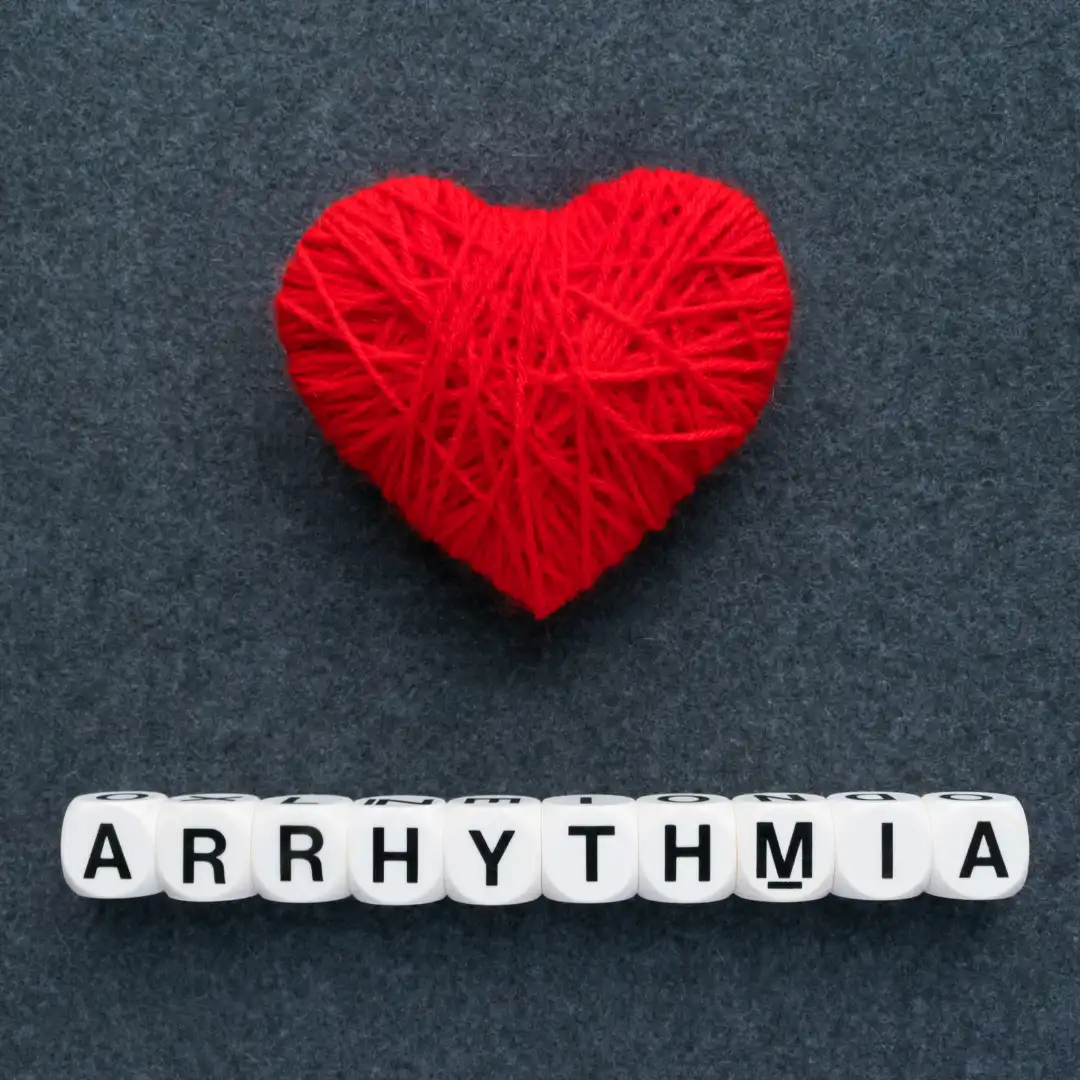Arrhythmia is a condition characterized by an abnormal heartbeat – it might be too fast, too slow, or irregular. While this can sound scary, many people live normal lives by managing it properly. Understanding your condition, recognizing symptoms, and making simple lifestyle changes can help keep your heart healthy.
Understanding Arrhythmia
Arrhythmia happens when the electrical signals that regulate the heartbeat become disrupted. Some common types include:
- Atrial Fibrillation (AFib): The heart beats fast and unevenly.
- Bradycardia: The heart beats too slowly, often under 60 beats per minute.
- Tachycardia: The heart beats too fast, frequently exceeding 100 beats per minute.
Symptoms to Look Out For
Some people don’t notice any symptoms, but others might feel:
- A fluttering or pounding heart
- Dizziness or lightheadedness
- Trouble catching their breath
- Fatigue
- Chest pain (if you feel this, get medical help right away!)
How to Manage Arrhythmia for a Healthier Life
While arrhythmia can be serious, there are ways to keep it under control and improve quality of life.
1. Medical Care & Checkups
- Medications: Antiarrhythmic drugs to control heart rhythm and rates, or anticoagulants to reduce the risk of blood clots may be given
- Medical Devices: A pacemaker or implantable cardioverter defibrillator (ICD) may be needed.
- Procedures: Catheter ablation or cardioversion may help restore a normal heart rhythm. m
- Regular Doctor Visits: Visit your family doctor regularly for your health surveillance.
2. Healthy Lifestyle Choices
- Eat Heart-Healthily: Food rich in fiber, omega-3 fatty acids, antioxidants.
- Stay Active: Walking, swimming, or yoga can help, but always check with your doctor first.
- Reduce Stress: Try deep breathing, yoga, or relaxing hobbies to stay calm.
- Avoid Stimulants: Cut back on caffeine, nicotine, and energy drinks which can trigger arrhythmia.
- Keep a Healthy Weight: Excess weight can strain the heart, so balance diet and staying active is crucial.
3. Track Your Health
- Monitor Your Heart Rate: A smartwatch or fitness tracker can help you notice changes.
- Learn Your Triggers: Keep track of foods, stress, or activities that make symptoms worse.
- Drink Water & Get Rest: Dehydration and lack of sleep can make arrhythmia worse.
When to Get Medical Help
Go to the doctor or hospital if you have:
- Severe chest pain
- Fainting or loss of consciousness
- Trouble breathing
- Sudden weakness or confusion
Key Takeaways
Living with arrhythmia doesn’t mean giving up your normal life. By following your doctor’s advice, eating well, staying active, and monitoring your symptoms can keep your heart in good shape.
If you are showing symptoms, don’t wait! Book your appointment with us today

